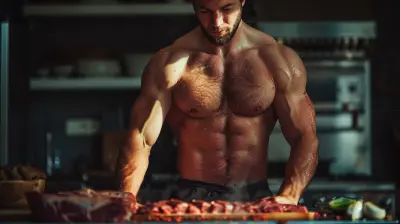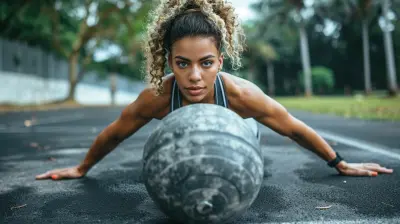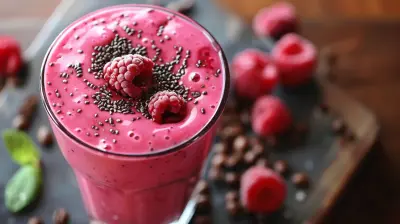Fueling Your Workout: Essential Nutrients for Peak Performance
30 May 2025
When you hit the gym, lace up your running shoes, or step onto the yoga mat, what you’ve eaten (or haven’t) matters more than you might think. The truth is, no matter how motivated or disciplined you are, your body can’t perform at its best without the right fuel. Think of your body like a high-performance car. Would you expect a sports car to run on cheap gas? Nope. And the same goes for your body — it needs premium nutrients to run efficiently, recover well, and keep going strong.
Let’s dive deep into how you can nourish your body with the right nutrients to unlock your full potential during your workouts, whether you're lifting weights, sprinting, or just chasing your kids around the park.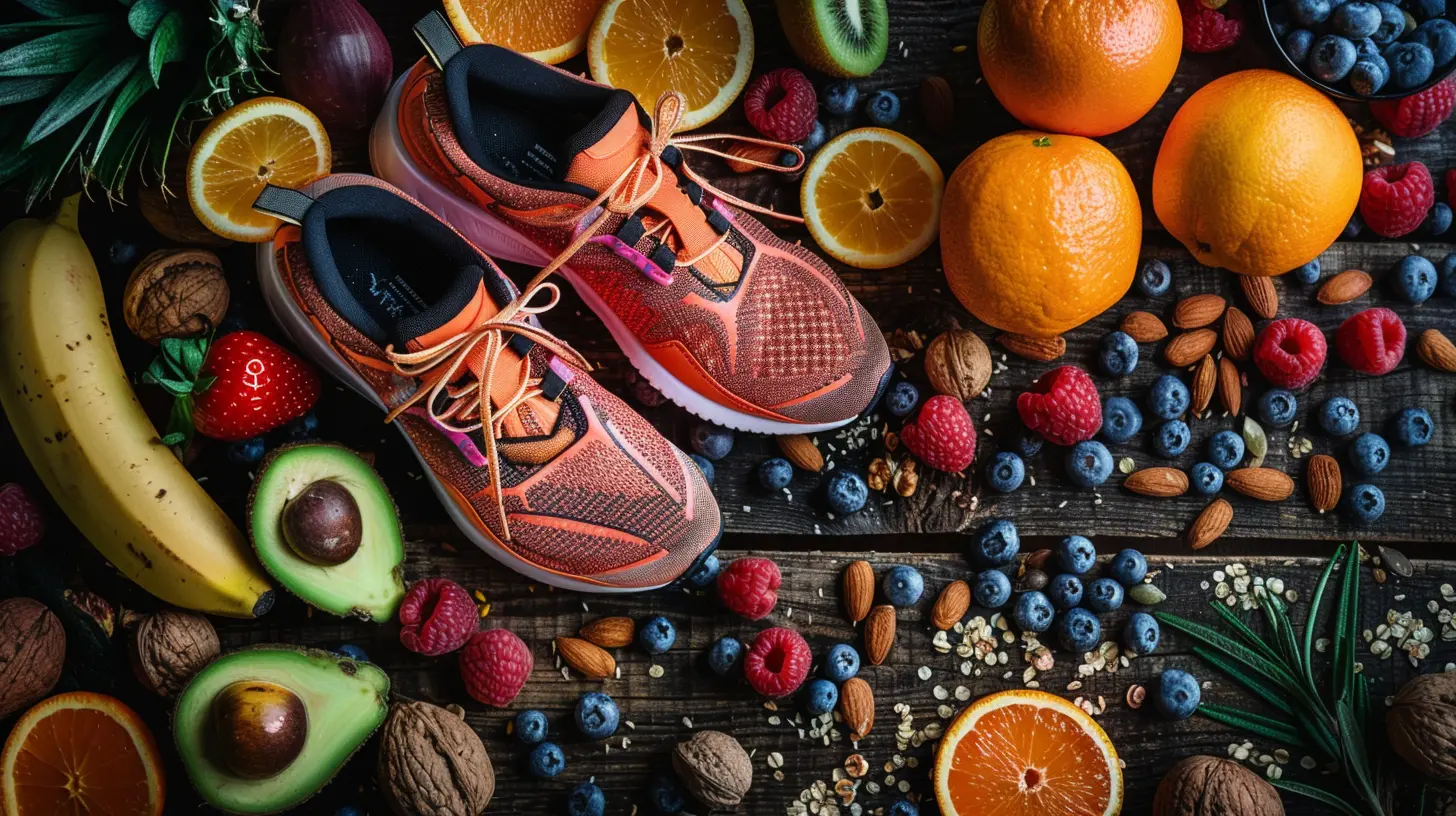
Why Nutrition Is Just as Important as Exercise
Here’s a simple truth: working out and eating right are two sides of the same coin. If you’re putting in the hard work at the gym but your eating habits are off, you’re leaving gains and performance on the table.When you exercise, your body uses energy, breaks down muscle fibers, and loses fluids and electrolytes. Without the right nutrients, you may feel drained, sore for longer, and progress much slower. But with the proper nutrition? You’ll have more energy, better endurance, faster recovery, and stronger results.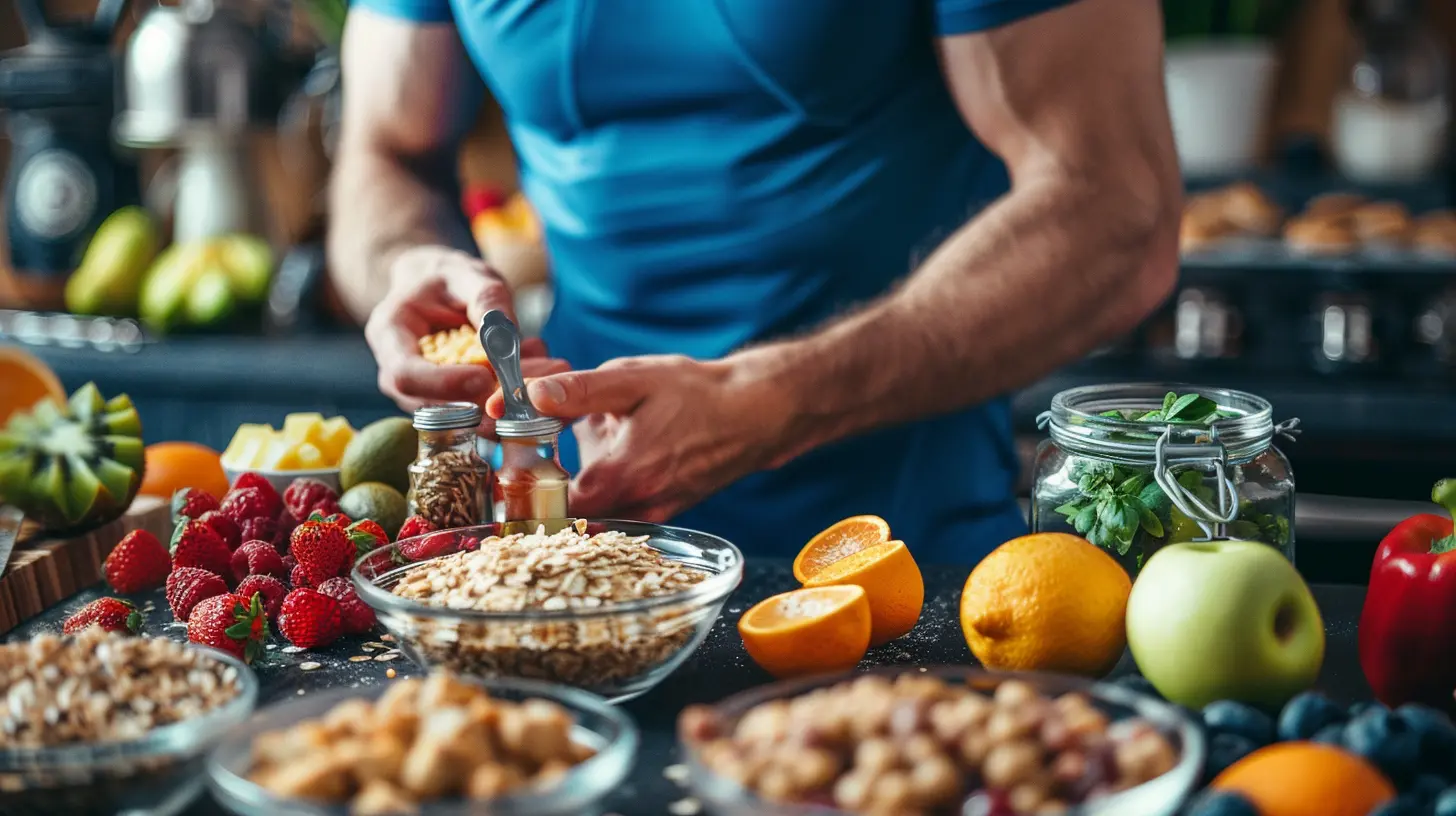
The Big Three: Carbs, Proteins & Fats
Let’s start with the macronutrients — the big players in your performance game.1. Carbohydrates: Your Body’s Favorite Fuel
Ever heard someone say, “I’m cutting carbs”? That’s fine for a specific goal, but when it comes to powering your workouts, carbs are your best friend.Carbohydrates are the body’s primary energy source, especially during high-intensity workouts. When you eat carbs, your body converts them into glucose, and stores some of it as glycogen in your muscles and liver — this is the reserve your body taps into when the going gets tough.
Best carb choices:
- Whole grains like oats, brown rice, and quinoa
- Fruits such as bananas, berries, and apples
- Starchy veggies like sweet potatoes and beets
- Legumes like lentils and chickpeas
👟 Before a workout: Have a moderate-carb meal 1–3 hours before training to top off your energy stores.
🥤 After a workout: Combine carbs with protein to replenish glycogen and kickstart recovery.
2. Protein: The Building Blocks of Repair & Growth
Whether you’re looking to bulk up or lean out, protein is essential. It helps repair the tiny tears in your muscles that occur during exercise, helping them come back stronger.The cool part? Your body doesn’t store protein the way it stores carbs or fat. That means you need a steady intake throughout the day, especially around your workouts.
Top protein picks:
- Lean meats like chicken breast, turkey, and lean beef
- Fish, especially salmon and tuna
- Eggs and low-fat dairy products
- Plant-based options like tofu, tempeh, quinoa, and beans
- Protein shakes made from whey or plant-based powders
💪 Post-workout: This is the golden window — aim for at least 20-30g of protein within 30-60 minutes after exercising.
3. Fats: The Long-Lasting Energy Source
Fats often get a bad rap, but healthy fats are absolutely essential — especially for endurance athletes. They provide slow-burning energy and support hormone production, vitamin absorption, and joint health.Healthy fat sources:
- Avocados
- Nuts and seeds (almonds, chia seeds, flaxseeds)
- Olive oil
- Fatty fish like salmon and mackerel
- Nut butters (yes, peanut butter counts!)
🥑 Pre-workout? Keep fat intake low to moderate — it digests slower than carbs or protein and can weigh you down if eaten right before training.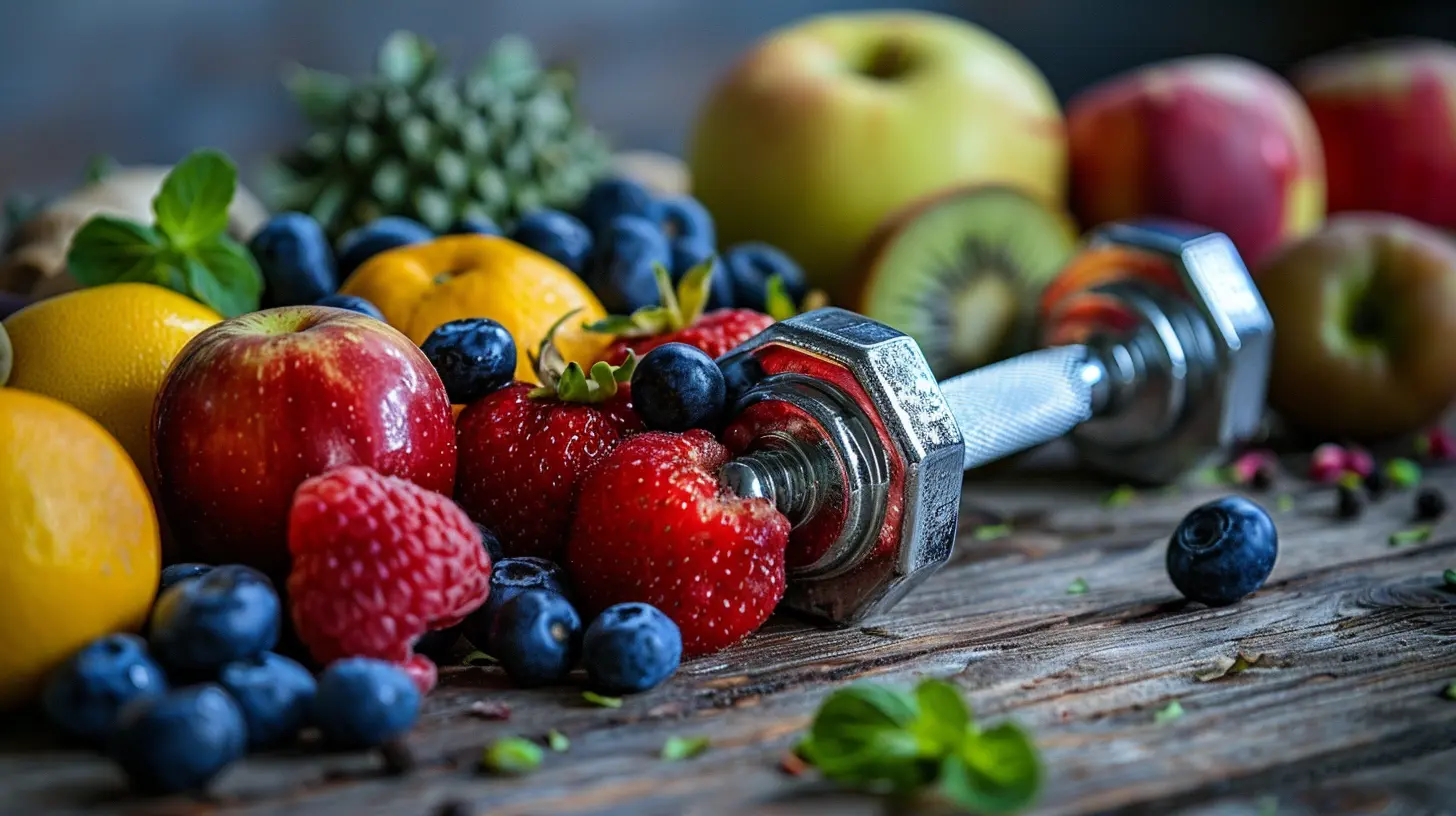
Micronutrients That Pack a Punch
Macronutrients might be the stars, but micronutrients — the vitamins and minerals — are the unsung heroes. They're essential for energy metabolism, bone health, muscle contraction, and more. Here's a quick guide to some of the most important ones for active folks.1. Magnesium
Great for muscle function and energy production. A magnesium deficiency can lead to cramps, fatigue, and reduced endurance.Sources: Dark leafy greens, nuts, seeds, whole grains, and bananas.
2. Iron
Iron helps carry oxygen throughout your body. Low iron = low energy. Female athletes especially need to keep an eye on their iron levels.Sources: Red meat, lentils, spinach, tofu, fortified cereals.
3. Calcium
Keeps your bones strong and supports muscle contractions. Don’t skip this one — especially if you're doing high-impact workouts.Sources: Dairy products, leafy greens, fortified plant milks, almonds.
4. Vitamin D
Teams up with calcium to support bone health and also plays a role in mood and immunity. If you're indoors a lot or live in a cloudy area, you might need a supplement.Sources: Sunlight, fatty fish, egg yolks, fortified foods.
5. Electrolytes
Sodium, potassium, and magnesium help keep your muscles firing and maintain fluid balance. Sweat a lot? You may need to replenish these more often.Sources: Coconut water, bananas, potatoes, salt (in moderation), sports drinks (watch the sugar).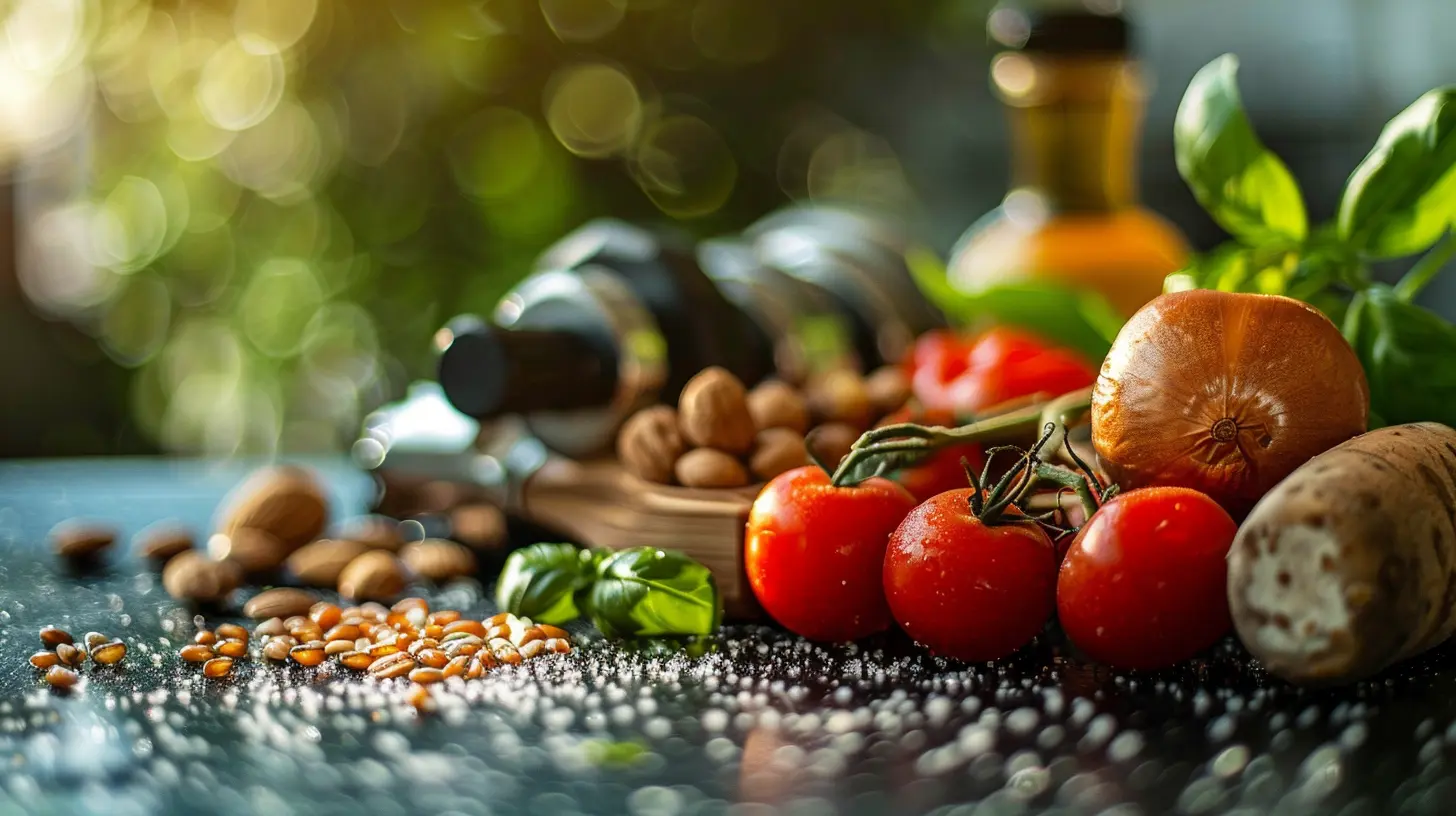
Hydration: The Overlooked MVP
You can eat all the broccoli and protein in the world, but if you’re dehydrated, your performance is going to suffer — big time. Even mild dehydration can lead to fatigue, dizziness, cramps, and a drop in performance.Start hydrating hours before your workout, sip during, and keep it going after. Water is usually fine, but if you’re sweating a lot or working out for more than an hour, consider an electrolyte drink to replenish lost minerals.
💡 Pro tip: A good indication of hydration is the color of your urine. Pale yellow = great. Dark yellow = drink up!
Pre-Workout Nutrition: Timing Is Everything
A solid pre-workout meal isn’t just about what you eat, but when you eat.🕒 3 Hours Before: A balanced meal with carbs, protein, and a bit of fat. Think grilled chicken, quinoa, and roasted veggies.
🕐 1 Hour Before: A lighter snack — banana with peanut butter, Greek yogurt with berries, or a smoothie with some oats.
Avoid high-fat, high-fiber foods too close to a workout — they can sit heavy in your stomach and lead to discomfort.
Post-Workout Recovery: Eat to Rebuild
What you eat after a workout is just as crucial as what you eat before. The goal here is twofold: refuel your glycogen stores and rebuild muscle.Aim for a mix of carbs and protein within an hour of finishing your session. This could be a protein shake with fruit, a turkey sandwich on whole grain bread, or a rice bowl with chicken and veggies. And yes, chocolate milk is actually a solid option too!
Real Talk: Supplements — Yay or Nay?
Let’s face it. In a perfect world, we’d get everything from whole foods. But life’s busy and sometimes we need a little help.Useful workout supplements:
- Protein powder: Great for convenience
- Creatine: Helps improve strength and muscle mass
- BCAAs: May help reduce muscle soreness
- Electrolyte mixes: Handy for long or intense workouts
But remember, these are supplements — not substitutes. Focus on your diet first and use these as backup, not a crutch.
Listen to Your Body
Lastly — maybe the most important tip — tune in to how your body feels. Everyone reacts differently to foods and timing. Some people love a big breakfast before the gym; others prefer fasted training. Some thrive on oatmeal; others feel bloated.Play around. Keep a journal if you have to. Finding what works for you is the golden ticket.
Wrap-Up: Your Body Deserves the Best
Treat your body like it matters — because it does. When you feed it well, it responds in kind: stronger lifts, smoother runs, quicker recovery, and better mental focus. You’re not just working out to look good — you’re building a better version of yourself, inside and out. And that starts with what’s on your plate (or in your smoothie).So next time you plan a workout, spend a few minutes thinking about what you're going to eat before and after. That small habit can make a massive difference in your performance and how you feel.
Your body is your longest relationship — fuel it like it matters.
all images in this post were generated using AI tools
Category:
Sports NutritionAuthor:

Madeline Howard
Discussion
rate this article
3 comments
Zinnia McAdoo
Great article! Remember, fueling your body is just as important as the workout itself. Embrace those nutrients and watch your performance soar. You've got this! 🌟💪
June 5, 2025 at 3:14 AM

Madeline Howard
Thank you for the support! Absolutely, proper nutrition is key to maximizing workout performance. Let's fuel our bodies for success! 🌟💪
Lumen McCaffrey
While the article highlights key nutrients, it could further explore the importance of individual dietary needs and timing to truly optimize workout performance.
May 31, 2025 at 3:56 PM

Madeline Howard
Thank you for your feedback! I appreciate your point about individual dietary needs and timing; these factors are indeed crucial for optimizing performance and can be explored in future pieces.
Buzz Huffman
Newsflash! You can’t out-train a bad diet. Fuel up with the right nutrients or watch your gains vanish!
May 31, 2025 at 2:23 AM

Madeline Howard
Absolutely! Nutrition is key to maximizing workout results and overall performance. Prioritize nutrient-dense foods for optimal gains!

